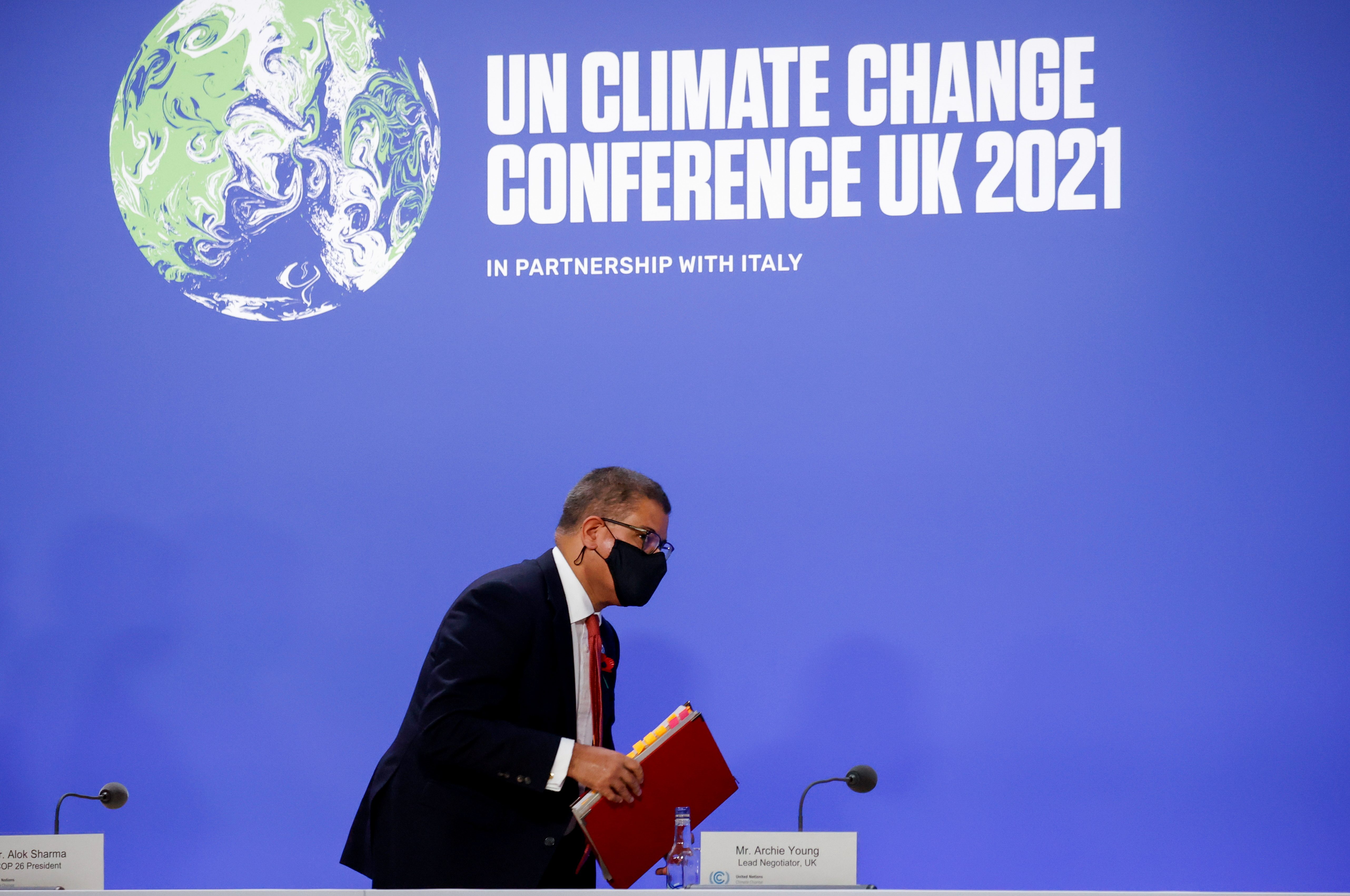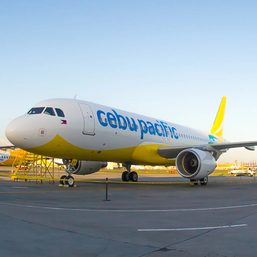SUMMARY
This is AI generated summarization, which may have errors. For context, always refer to the full article.

Automakers, airlines and governments unveiled a raft of pledges at the UN climate summit on Wednesday, November 10, to slash greenhouse gas emissions from global transport, albeit with some conspicuous absences.
Driving, flying and shipping contribute nearly a quarter of the world’s manmade greenhouse gas emissions, making transport a valuable target in the effort to fight climate change.
US car makers Ford and General Motors were among a group that committed to phasing out fossil-fuel vehicles by 2040, accelerating a shift towards electric motors and away from the internal combustion engines that they pioneered over a century ago. The world’s second most populous country, India, also joined the pledge.
But in a sign of the challenges of shifting to zero emissions, the world’s top two car makers , Toyota Motor Corp and Volkswagen AG, did not sign up. Nor did China, the United States and Germany, all major vehicle markets.
Martin Kaiser of Greenpeace Germany said the absence of the major economies and producers was “gravely concerning.” The European Union executive proposed to the 27 member states, including Germany, in July that they ban the sale of combustion vehicles from 2035, but the plan has yet to be signed off.
Major US airlines, meanwhile, are joining an effort to speed the development and use of so-called sustainable aviation fuels (SAF) to decrease emissions in air transport.
Sustainable aviation fuel is made from renewable sources such as plants and used cooking oil and can reduce emissions by as much as 80%, but is more expensive than petroleum-based jet fuel, and not available in the large quantities required.
Alaska Airlines, JetBlue, United Airlines and Amazon.com’s aviation unit Amazon Air are among the companies joining the effort to help drive greater SAF production, price cuts and technological advances.
On Tuesday, November 9, the United States said it was setting a goal of achieving net-zero greenhouse gas emissions from its aviation sector by 2050, in line with a global pledge to do so by the International Air Transport Association.
IATA’s director general, Willie Walsh, said he expected airlines to beat an interim goal of meeting 5.2% of their needs with sustainable fuel by 2030, provided that energy companies increased their output.
Air travel accounts for nearly 3% of global emissions, a figure that researchers say could grow rapidly as demand for flights increases.
Environmental groups have expressed concern that potential emissions cuts from sustainable aviation fuels are overstated, and have been pressing for measures to reduce air travel or develop zero-emissions technology for planes, currently a distant prospect.
About 80% of the world’s traded goods travel by sea, and shipping also accounts for about 3% of global emissions.
Nineteen countries including Britain and the United States said they had agreed to establish half a dozen “green shipping corridors” with zero emissions by 2050.
The declaration did not specify how that would be achieved, saying only that it would require partnerships between ports and operators to accelerate the decarbonization of the sector and its fuel supply. – Rappler.com
Add a comment
How does this make you feel?


















![[Under 3 Minutes] When will we see modern jeepneys on the road?](https://www.rappler.com/tachyon/2024/04/francisco-motors-modern-jeepney-prototype-1.jpg?resize=257%2C257&crop=590px%2C0px%2C1012px%2C1012px)
There are no comments yet. Add your comment to start the conversation.